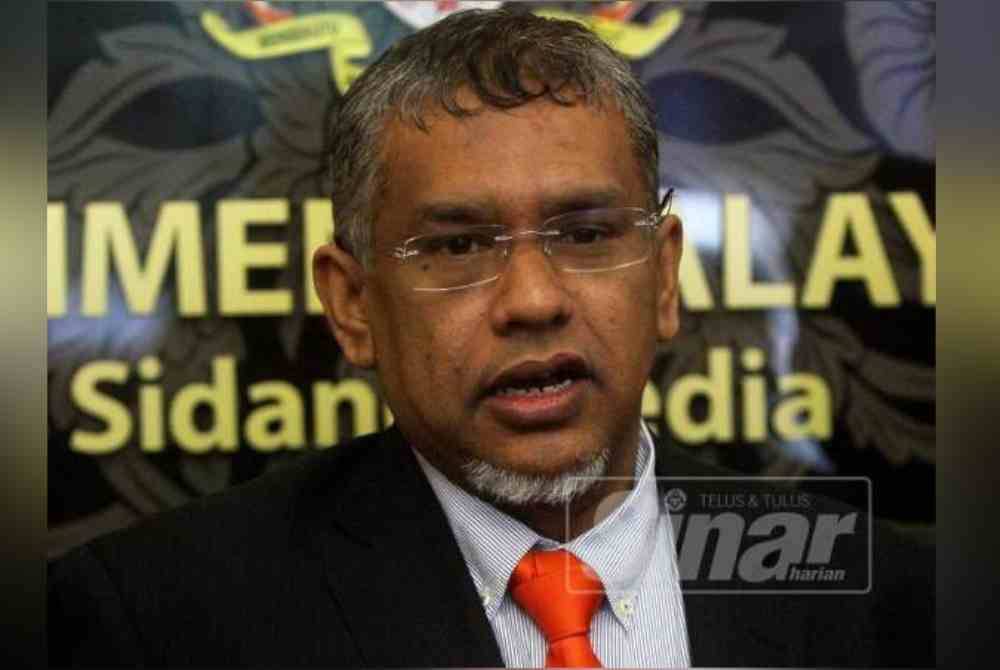Former PH minister disagrees with Muhyiddin being investigated under the Sedition Act
Although he disagreed with the statement made by the former prime minister during the campaign for the recent by-election, he believed the law was oppressive and should not be used.

SHAH ALAM - Former deputy minister in the Prime Minister's Department (Law) Mohamed Hanipa Maidin disagrees with the investigation of Perikatan Nasional (PN) chairman Tan Sri Muhyiddin Yassin under the Sedition Act 1948.
He said although he disagreed with the statement made by the former prime minister during the campaign for the recent by-election, he believed the law was oppressive and should not be used.
"I strongly disagree with him (Muhyiddin) being investigated, let alone charged, under the Sedition Act.
"I know how cruel this act is because I have defended Pakatan Harapan (PH) leaders like (former minister) Abdul Khalid Samad, who was charged under this act. The elements of oppression in the act remain," he said in a Facebook post.
Various parties continued to criticise Muhyiddin, who is also the Parti Pribumi Bersatu Malaysia (Bersatu) president for allegedly deliberately touching on issues of race, religion and royalty (3R) during the recent by-election campaign, which led to the displeasure of the Tengku Mahkota of Pahang, Tengku Hassanal Ibrahim Alam Shah.
Muhyiddin was accused of deliberately and cynically questioning the role of the Sultan of Pahang, Al-Sultan Abdullah, during his tenure as the Yang di-Pertuan Agong.
Meanwhile, Hanipa, who is also the former Sepang Member of Parliament said that PH had previously opposed the oppressive act.
"During my time as a Member of Parliament for Parti Amanah Negara (Amanah), PH also disagreed and we debated against the oppressive act," he said.
The Sedition Act 1948 is a colonial-era law that criminalises speech with a tendency to incite.
Among the definitions of seditious tendencies in the act are tendencies to bring hatred or contempt against any of the Malay Rulers, the government or the administration of justice, to promote feelings of ill will and hostility between different races or classes of the population and to question any privileges, rights and status established or protected for the Malays, Indigenous people and the Rulers.
This act was first introduced by the British in 1948 and later amended after the May 13, 1969, riots to expand the scope of limitations on freedom of speech.










